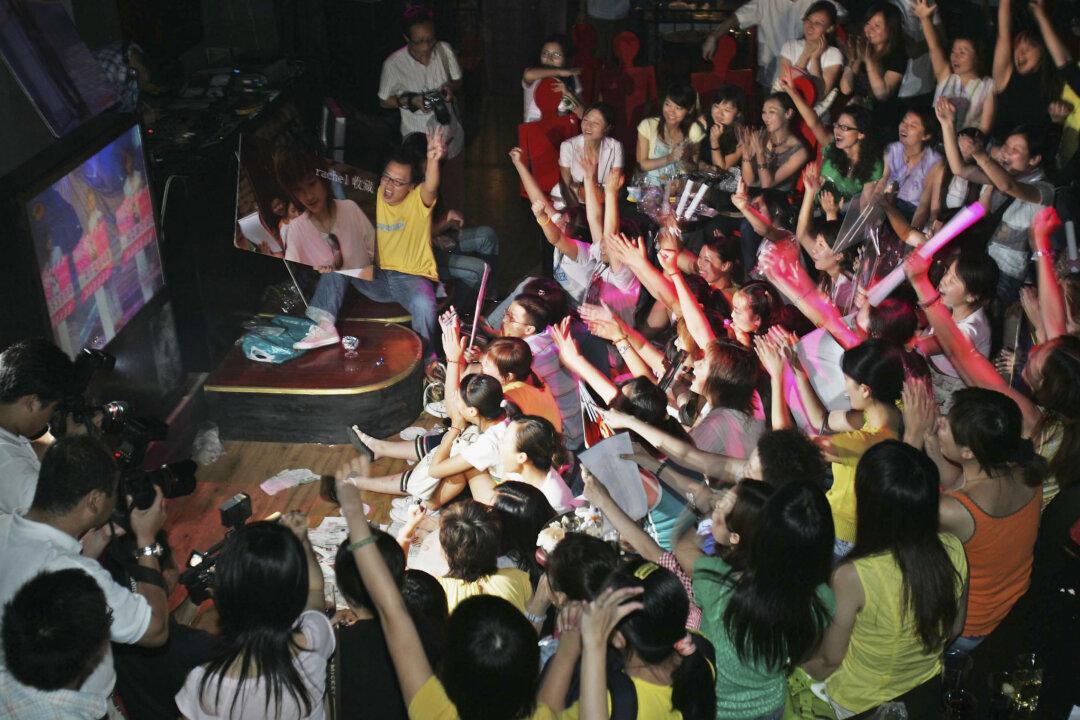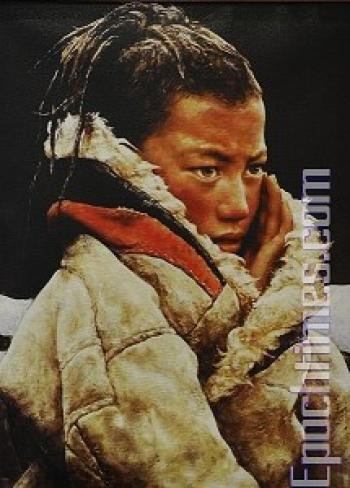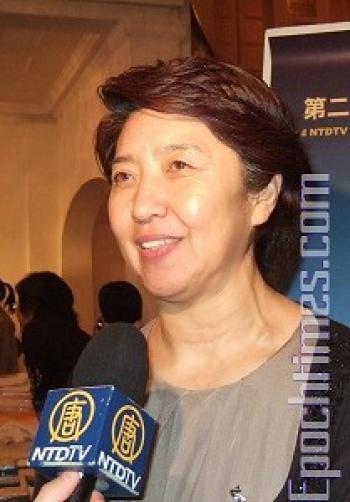WASHINGTON—For 35 years the dissident Wei Jingsheng has opposed the dictatorship of the Chinese Communist Party. At the Kennedy Center on Jan. 29 he saw what he considers the greatest challenge to the CCP’s existence: a performance of classical Chinese dance and music by the New York-based Shen Yun Performing Arts.
According to Wei,“Shen Yun’s non-political program exposes the fundamental problem with the CCP: the CCP grafted Marxism from the West onto China and tried to fundamentally destroy traditional Chinese culture.”
That beginning took a decisive shape during the Cultural Revolution. Wei said, “Today’s Party remains rooted in beliefs propagated then: it is a crime to have humanity, and it is an even greater crime to be spiritual.”
Wei thought the book the “Nine Commentaries on the Communist Party” helped clarify the Party’s stance toward religion by calling the CCP a cult. Cults sustain themselves by controlling people and turning people into fools and slaves through brainwashing, Wei said.
“A cult is also a religion, and is against all other religious beliefs. If people were to believe in true religions, they would no longer believe in the CCP. The Propaganda Department of the CCP has intentionally destroyed other faiths and traditional Chinese culture and replaced them with Party elements in order to maintain its rule,” Wei said.
“The Chinese people have been left with nothing to believe in. They no longer believe in the CCP,” Wei said. “And now they only believe in money. Yet, a society cannot continue like this.”
As more and more Chinese people realize this, they have awakened, and things have reached a tipping point. At the same time, the CCP fears that the culture it imported from the Soviet Union would be replaced.
Shen Yun’s website describes its mission as reviving the “true, divinely inspired culture of China.”
Wei said the pursuit of spirituality is universal and innate among all human beings, and Shen Yun’s performances have awakened people’s conscience.
By presenting China’s traditional culture, Shen Yun has posed the greatest challenge to the CCP, Wei said. Chinese have awakened to the beauty of their own traditional culture.
The Chinese people see that what Shen Yun presents is their true culture, and that what the CCP presents is wrong. In this sense, Shen Yun is very important to the Chinese people, Wei said.
Shen Yun has also allowed Westerners to understand what the real China is, Wei said.
“Westerners have become less knowledgeable about Chinese culture, as most Chinese scholars in the West are engaged in scientific, political, or economic research, and few are engaged in introducing genuine Chinese culture to the West. The troupes organized by the CCP always carry elements of communism and are not accepted by the Western audience,” Wei said.
Wei said that Shen Yun does not preach political doctrine, but just promotes culture. Its artistic presentation allows the Western audience to learn about Chinese culture through perception and intuition, Wei said.
Wei said that through Shen Yun, the Western audience can see the beauty of Chinese culture and understand the way Chinese people think and behave.
“What Shen Yun presents is much more important than academic research,” Wei said. “People in the West may study the Chinese economy, Chinese politics, and Chinese leaders. However, the leaders could be replaced at any moment. Academic research from this perspective is temporary and not convincing to people.”
He said, “The CCP would soon be completely disintegrated.”
Wei Jingsheng is a prominent Chinese dissident. Human rights prizes he has won include the Robert F. Kennedy Memorial Human Rights Award in 1996, the European Parliament’s Sakharov Prize for Freedom of Thought, and the Olof Palme Memorial Prize in 1994.



